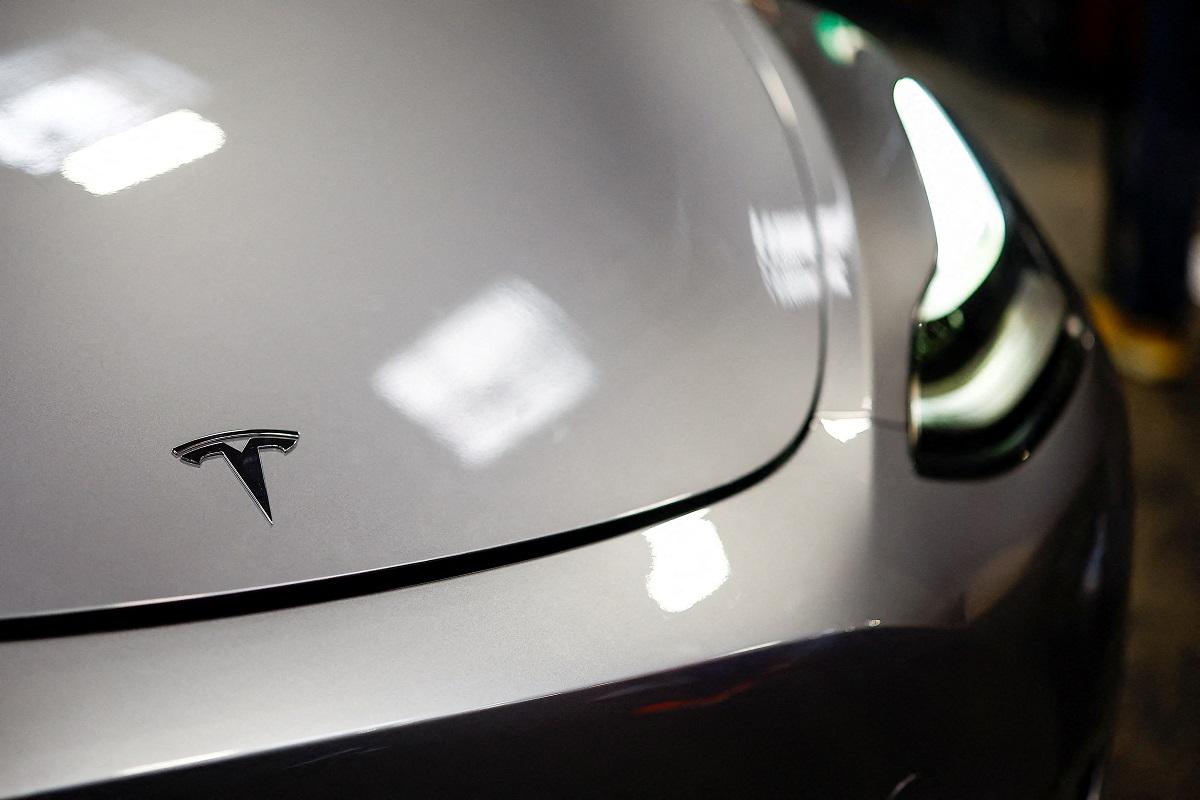Former Treasury Secretary Larry Summers called Trump tariffs the biggest shock for middle-class families he'd seen since the 1970s. What Happened: Debating conservative political commentator Oren Cass on CNN’s Fareed Zakaria GPS on Sunday, the former Chief Economist at the World Bank and Secretary of The Treasury in the Clinton administration started by calling the Trump administration’s tariff programs “completely ill-conceived” for its objectives. He disputed his opponent’s claims that manufacturing jobs accounted for 8% of total employment, stating that only about 4% were actually involved in production, calling it a “very small and dwindling share” of the country’s workforce.
Summers cites the example of the steel industry, which is now subject to 25% tariffs on imports, stating that there are “50 times more workers in industries that use steel, than those who work in the steel industry,” and these industries are now less competitive as a result of the tariffs and the “higher input costs” resulting from the same. I told @FareedZakaria @CNN : These tariffs are the biggest shock for middle class families since I've been following the economy beginning in the 1970s. https://t.

co/mWhMYXJvd8 While he admitted that there are things to be done on the manufacturing front, he believes the current administration’s programs have largely been counterproductive. Such as the dismantling of the CHIPS Act , which was meant to build manufacturing capacity in the sensitive semiconductors industry. He further adds that this program burdens “our manufacturing teammates Canada and Mexico,” before stating that “if you punch your erstwhile friend in the face, you will get their attention,” referring to America’s trade partners who are now coming to the table, in order to negotiate a trade deal with the country.
However, Summers believes the U.S.’ new trade policies will cause it to lose friends, driving them “into the arms of our adversaries.
” He concluded by saying that the only winner in all this is China and its Premier Xi Jinping, who are seeing “scope for new markets, scope for new influence, and displacing the United States.” See More: Jim Cramer Urges Investors To Stay Strong—’If You Were OK In 2008, It Came Back’—Says Market Plunge Is A Buying Opportunity Why It Matters: Summers has been a vocal critic of the trade tariffs for quite some time, having stated on Liberation Day that it would result in an ‘Oil Crisis-Like Shock’ that would wipe out $30 trillion from the economy. He has also rejected the administration’s claims of China cheating in trade , stating that “if China wants to sell us things at really low prices” such as solar collectors or cheap batteries for electric cars “It’s kind of a good deal for us,” when asked about the Chinese government subsidizing its industries.
Image via Shutterstock Read More: Ray Dalio Foresees Economic Crisis Worse Than Recession: ‘I’m Worried About Something Worse Than A Recession, If This Isn’t Handled Well’ © 2025 Benzinga.com. Benzinga does not provide investment advice.
All rights reserved..
Trump Tariffs 'Biggest Shock For Middle Class Families' Since 1970s, Says Larry Summers

Former Treasury Secretary Larry Summers called Trump tariffs the biggest shock for middle-class families he'd seen since the 1970s.What Happened: Debating conservative political commentator Oren Cass on CNN’s Fareed Zakaria GPS on Sunday, the former Chief Economist at the World Bank and Secretary of The Treasury in the Clinton administration started by calling the Trump administration’s tariff programs “completely ill-conceived” for its objectives.He disputed his opponent’s claims that manufacturing jobs accounted for 8% of total employment, stating that only about 4% were actually involved in production, calling it a “very small and dwindling share” of the country’s workforce.Summers cites the example of the steel industry, which is now subject to 25% tariffs on imports, stating that there are “50 times more workers in industries that use steel, than those who work in the steel industry,” and these industries are now less competitive as a result of the tariffs and the “higher input ...Full story available on Benzinga.com














